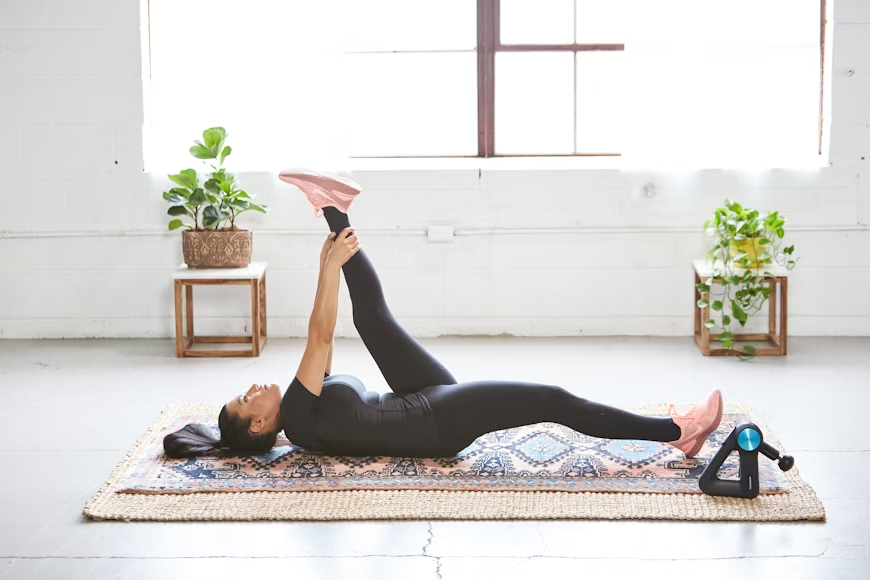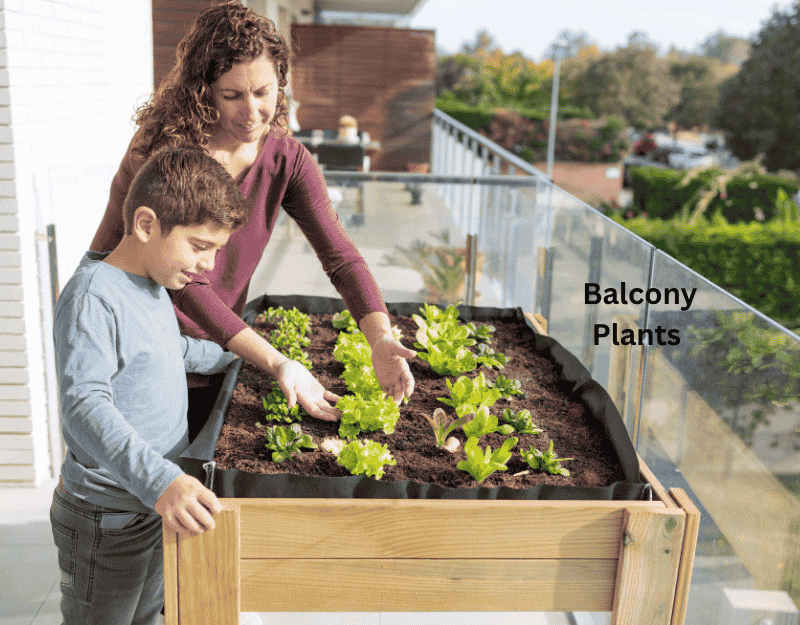Divorce marks the end of one chapter and the beginning of another. While the emotions can feel overwhelming, sadness, fear, excitement, and relief, this transition also offers something precious: the chance to rediscover who you are outside of marriage. Exploring new paths through Hobbies for Divorced Women Starting Over can be a powerful way to begin that journey.
Many divorced women find themselves asking, What do I do with all this time? Or who am I when I’m not someone’s wife? These questions, though difficult, point toward an opportunity for profound personal growth. The answer often lies not in grand gestures or dramatic life changes, but in the simple act of cultivating new interests and rekindling old passions.
Hobbies for divorced women starting over might seem like a luxury when you are rebuilding your life, but they’re essential tools for healing. They provide structure when days feel shapeless, joy when emotions run heavy, and a sense of accomplishment when confidence wavers. More importantly, they help you reconnect with parts of yourself that may have been dormant during your marriage.
This guide offers 20 empowering hobby ideas specifically chosen for their healing potential, accessibility, and ability to foster personal growth. Whether you have 15 minutes or an entire afternoon, there’s something here to help you start building the life you want.
Why Hobbies Matter After Divorce
The end of a marriage often leaves women feeling disconnected from their core identity. After years of making decisions as part of a couple, choosing what to do with your free time can feel both liberating and daunting. Hobbies serve as a bridge back to yourself.
Regaining Your Sense of Self
Marriage involves compromise, and sometimes that means setting aside personal interests. Hobbies allow you to reclaim activities that bring you joy without needing to consider anyone else’s preferences. They become a form of self-expression and a way to explore aspects of your personality that may have been suppressed.
Building Emotional Resilience
Engaging in activities you enjoy releases dopamine, which naturally combats stress and depression. Regular hobby time creates positive experiences that can counterbalance the difficult emotions that often accompany divorce. After her divorce at 41, Natalie picked up painting again. What started as 30 minutes a day became a healing ritual that helped her process emotions she couldn’t put into words.
Creating Structure and Purpose
Divorce can leave your schedule feeling empty and purposeless. But embracing meaningful activities, like the ones featured in these Hobbies for Divorced Women Starting Over—can offer a gentle structure to your days and give you something to look forward to. These hobbies create small goals and achievements that help rebuild confidence, one step at a time.
Time Management and Mindset Tips
Starting new activities while navigating divorce requires a gentle approach. The goal is not to fill every moment or achieve perfection; it’s to create pockets of joy and self-discovery.
Start Small and Be Consistent
Begin with just 15-30 minutes daily. This feels manageable and prevents hobbies from becoming another source of pressure. Consistency matters more than duration. Even 10 minutes of an activity you enjoy can shift your mood and perspective.
Embrace a No-Pressure Approach
Your hobbies don’t need to serve anyone but you. They don’t need to be profitable, impressive, or Instagram-worthy. Permit yourself to be a beginner, to make mistakes, and to leave activities that don’t bring joy.
Track Your Emotional Response
Consider keeping a simple hobby journal. Instead of focusing on what you accomplished, note how different activities make you feel. This helps you identify which pursuits truly serve your healing process.
20 Empowering Hobbies for Divorced Women Starting Over
1. Journaling

Writing provides a safe space to release emotions, reflect on growth, and set intentions for your future. Unlike talking to others, journaling allows complete honesty without fear of judgment. Many women find morning pages—three pages of stream-of-consciousness writing—particularly helpful for clearing mental clutter.
Journaling helped me process my grief and find clarity about what I wanted next. I wrote my way through the anger and into acceptance.
2. Walking or Urban Hiking

Walking requires no special equipment or skills, yet offers profound benefits. The rhythmic movement can be meditative, and time outdoors naturally boosts mood. Urban hiking, exploring different neighborhoods in your city, adds elements of discovery and adventure.
Walking became Nida’s therapy. Twenty minutes a day helped her rebuild confidence and provided thinking time away from the chaos of divorce proceedings.
3. Pottery or Clay Art
Working with clay is naturally grounding and therapeutic. The physical act of shaping something with your hands can be deeply satisfying, and the imperfections in handmade pieces mirror the beauty of human resilience.
Allison joined a weekend pottery class on a whim and found it surprisingly therapeutic. There’s something about creating something beautiful from a lump of clay that felt symbolic, she shared.
4. Online Book Clubs
Reading stimulates intellectual curiosity while book clubs provide a gentle social connection. Online formats offer flexibility and less social pressure than in-person groups, making them perfect for those rebuilding confidence in social situations.
Virtual book clubs allow you to connect with like-minded people while maintaining the comfort of your own space.
5. Yoga or Home Stretching

Physical tension often accompanies emotional stress. Yoga combines movement, breathing, and mindfulness in ways that can help release both. Home practice eliminates the pressure of keeping up with others and allows you to move at your own pace.
After her 18-year marriage ended, Daisy found herself waking up with gripped jaws and aching shoulders. A friend suggested trying gentle morning yoga on YouTube. Within two weeks, she noticed she was sleeping better, breathing deeper, and even smiling during stretches. My body felt tight and anxious after the divorce, yoga made me feel alive and present again, she shared.
6. Gardening or Balcony Plants

Nurturing living things rebuilds your sense of capability and purpose. Watching plants grow and thrive under your care provides tangible proof of your ability to create positive change. Even a small balcony garden or collection of houseplants can be transformative.
Each new bloom felt like a small personal victory. My plants became symbols of my growth.
7. Cooking New Cuisines

Reclaiming mealtime as a source of pleasure rather than responsibility can be surprisingly healing. Exploring cuisines from different cultures adds elements of discovery and adventure to daily routines.
For years, Allison cooked meals based on her ex-husband’s preferences, heavy curries, lots of meat, no room for experimenting. After the divorce, she signed up for a virtual Thai cooking class just to try something new. I used to cook what everyone else wanted. Now, I explore dishes that reflect who I am and what I love — fresh herbs, spices, and creativity in every bite, she said. Mealtime became her moment of joy and personal expression.
8. Learning a New Language
Language learning signals fresh beginnings and opens mental pathways to new possibilities. Apps make it easy to practice at your own pace, and the cognitive challenge can be a welcome distraction from emotional stress.
Spanish classes gave me confidence and a reason to dream about travel again.
9. Dancing Alone or in Classes
Movement helps release emotional tension while reconnecting you with your body in positive ways. Whether it’s dancing alone in your living room or joining a class, moving to music is inherently joyful.
Salsa classes got me out of the house and back into my body. The music made everything feel possible again.
10. Creative Writing or Poetry
Writing creatively provides an outlet for emotions that might be difficult to express otherwise. Poetry, in particular, allows for the abstract expression of complex feelings.
I wrote my first poem at 45—it was like opening a hidden door I never knew existed.
11. Puzzle Games and Brain Training
Engaging your mind with puzzles provides a sense of accomplishment and mental stimulation. Completing a crossword or Sudoku puzzle creates small wins that build confidence incrementally.
Sudoku became my morning coffee ritual—simple but empowering. It reminded me that I could still solve problems.
12. Pet Fostering or Animal Volunteering

Animals provide unconditional love and companionship without the complexity of human relationships. Fostering allows you to help animals while receiving emotional benefits yourself.
The dog I fostered healed me more than I healed him. His unconditional love reminded me of my worth.
13. Freelance Crafting
Activities like crocheting, knitting, or resin art are calming and repetitive, which can be meditative. The bonus is that handmade items can potentially generate income through online platforms.
I started crocheting scarves as therapy and now sell them on Etsy. It’s amazing how something that heals me also helps others stay warm.
14. Photography

Photography encourages you to notice beauty in everyday moments. This shift in perspective can be particularly valuable during difficult times, training your brain to look for positive elements in your environment.
Taking pictures of sunsets became my evening meditation. Even on hard days, there was beauty to capture.
15. Budget Travel Planning

Research and planning future trips provides hope and excitement about the future. Even if travel isn’t immediately possible, the planning process itself can be uplifting and inspiring.
Planning a solo trip to Ireland gave me something exciting to look forward to and reminded me that my story wasn’t over.
16. Scrapbooking or Memory Journaling
Creating physical reminders of positive experiences helps preserve good memories while building new ones. This practice helps balance painful memories with evidence of joy and growth.
I made a scrapbook of my solo adventures—every coffee shop visit and hiking trail became proof of my strength.
17. Learning to Swim or Dance
Taking on physical challenges that may have seemed intimidating during marriage can be powerfully symbolic of reclaiming your courage and trying new things.
I was 44 and had never learned to swim, says Amanda from Florida. After my divorce, I signed up for adult swim classes. I cried after my first lap, not out of fear, but pride. It felt like I was finally moving forward, stroke by stroke.
If you want more guidance on how to learn to swim as an adult, this resource is a helpful place to begin.
18. Public Speaking or Toastmasters
Building communication skills while finding your voice can be incredibly empowering. Speaking in supportive environments helps rebuild confidence and reminds you that your thoughts and experiences matter.
Giving my first speech reminded me that I have something valuable to say. My voice matters.
19. Self-Care Rituals as Hobbies
Elevating self-care activities like skincare routines, tea blending, or elaborate baths into hobbies legitimizes taking time for yourself. These rituals become acts of self-love rather than mere maintenance.
Sunday spa days helped me fall in love with taking care of myself. I deserved that attention.
20. Home Décor Projects

Redesigning your living space symbolically represents redesigning your life. Whether it’s painting walls, rearranging furniture, or adding plants, these changes can feel deeply transformative.
Painting my bedroom a soft blue felt like starting over from the walls up. My space finally reflected who I was becoming.
Gentle Reminders for Your Journey
As you explore Hobbies for divorced women starting over, remember that you’re not starting from scratch; you are starting from experience. The wisdom you’ve gained, even through difficult times, is valuable and will inform every new interest you pursue.
Your worth has never been tied to your marital status, and every minute you spend nurturing your interests is an act of self-love and healing. Progress isn’t always linear, and some days will be harder than others. That’s normal.
Making Hobbies for divorced women starting over Part of Your New Life
Focus on Consistency Over Perfection
The goal isn’t to become an expert or create masterpieces. Showing up regularly for yourself, even in small ways, builds trust with yourself and creates positive momentum.
Stay Open to Discovery
Not every hobby will resonate with you, and that’s perfectly fine. Give new activities a fair chance, but don’t force yourself to continue with things that don’t bring joy.
Celebrate Small Victories
Every time you choose to engage in an activity that pleases you, you’re actively healing and rebuilding your life. These small victories deserve recognition and celebration.
Your New Chapter Starts Now
Rebuilding your life after divorce is both challenging and full of possibilities. Exploring Hobbies for divorced women starting over offers a gentle pathway back to yourself, to the person you were before marriage, and the person you’re becoming now. They offer proof that life after divorce can be rich, fulfilling, and uniquely yours.
Start where you are, with what you have. Choose one activity that sparks even mild curiosity and give it a try. Your future self will thank you for taking this first step toward healing and rediscovery. Remember, every expert was once a beginner, and every beautiful journey starts with a single step.
You have so much life ahead of you, and it’s time to start living it on your terms.
Frequently Asked Questions
Solo hobbies like journaling, painting, gardening, yoga, and online learning are excellent for healing and self-discovery. They provide structure, creativity, and personal growth opportunities while allowing you to work at your own pace.
Hobbies reduce stress, rebuild confidence, and provide a sense of identity and purpose. They create positive experiences that counterbalance difficult emotions and help you rediscover interests that may have been neglected during marriage.
Yes! Crafting, freelance writing, photography, tutoring languages, selling plants or baked goods, and offering services based on your skills can all generate income while providing personal fulfillment.
Start tiny—even 10 minutes of walking, adult coloring, or listening to music counts as hobby time. Choose calming, low-pressure activities initially. The goal is gentle engagement, not achievement.

